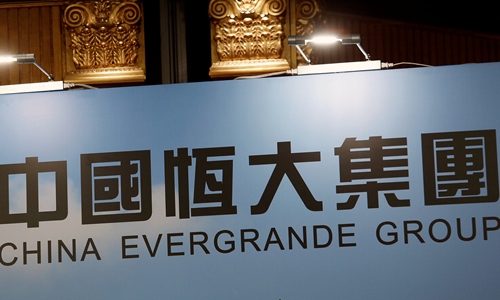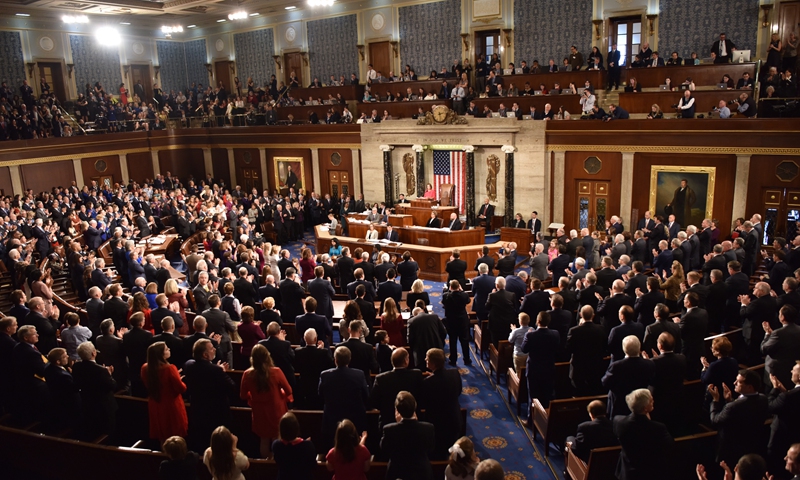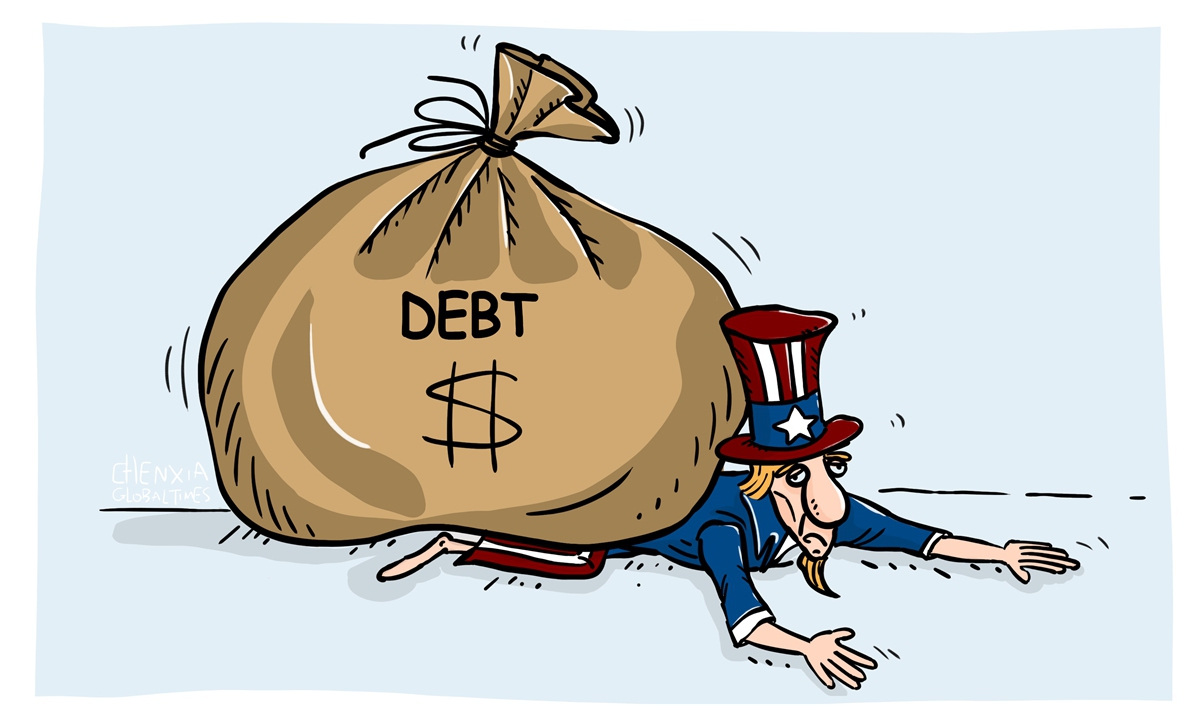I
do share the views expressed. We saw when both stood up for Venezuela,
and possibly Iran. Heavy weight China/ Russia partnership does move the
geopolitical needle and change the balance equation. Never expect war,
but Putin did flex some biceps.
China is China.
- Kanthaswamy Balasubramaniam,Kanthaswamy Balasubramaniam
There are many predictions about China's economic collapse. Why isn't that happening?
Take Evergrande!!!!
Why did so many Economists predict that Evergrande collapse would be huge etc etc????
Because they are stupid??? No
Because they are biased??? Maybe…but they are still reputed Academics who wont just tout propaganda
So Why????
BECAUSE THEY LOOK AT EVERYTHING FROM THE US ANGLE (And the European Angle and the Japanese Angle and the Indian Angle) or the US LENS
In the United States - The Shareholder is GOD
So any Collapse of a Company , leads to a blow in the Markets which causes massive massive massive losses and creates all the financial crises since 1929.
In China - The Investor is GOD
China believes that the Speculator is a Gambler. They restrict major funds from investing too much into the Stock market and ensure that the Common Citizens who invest in the stock market know that they can lose their shirt or win a pile of gold.
Instead their Focus is on the Investor - the ones who paid for the Houses, the ones who bought Bonds etc. They are to the Chinese - the backbone of Economics.
IN the United States - Rule of Law is Cumbersome but Absolute
This means - THE LAW Comes First. So whenever any Company Collapses - you have Chapter 11s filed , Protection of the Company Directors and Shareholders , Allowing the Company to file counter suits etc.
This means the Assets of the Company get wound up for an average of 46 months and by this time shares plummet to Zero.
Thus a Companys failure means failure for all its investors.
In China - The Public is Absolute or the Common Man
China puts everything including Freedom or Human Rights above the Common Man.
So in China when a Collapses - the System will first Force a company to pay back its investors.
The Law never interferes
The Company has to pay back its investors by selling Assets, swapping Assets etc.
This means Assets of a Company can be disposed off in weeks rather than months or years.
And thus Investors almost always get between 55% - 100% of what they invested
IN the US - Value is all about Perception
US doesnt like the word ‘Assets’ or ‘Profits’
They like ‘ Potential’ or ‘Expansion’
This means many Companies in US are almost always heavily bloated with very little Real Assets
So in a sense US is mostly like India. They do nothing until a company folds and then its Chapter 11 and in some cases - FBI investigations or SEC investigations
So when a Company crashes - its Perception or Potential crashes and its Value crashes.
In China - Value is all about ASSETS
China doesnt like words like ‘Potential’ or ‘Closing a Deal’ etc.
They like Hard Core Assets - Land, Contracts, Trade Deals, Gold, Jade, Coal , Gas Pipelines are what they love.
So when a Company crashes - It always has Assets to back it up and these Assets manage to salvage a big chunk of Value
So thats what is helping China ignore Evergrande or even a Real Estate Crisis while if this was happening in US or even India - people would be scrambling for cover.
Yet while Economists are good - they simply dont think like a Chinese or know the Chinese System
My Associate Lawyer in Singapore told me how Westerners focussed on Huge Office Space whereas a CHinese office was a small 15X10 enclosure and yet you had 10 times larger deals floating through the same.
Likewise Most Western Personal Debts are based on paperwork etc. Most Chinese Personal Debts are given based on just the mans face and his Chop (Chop is a personalized Stamp like thing with Unique Chinese characters)
So those who make Predictions on China - Just dont understand how China works
Its why Singapore never makes Predictions on China. They simply report the US Predictions and Laugh because They are Chinese too.
Likewise South Korea understands the Chinese Way as does Taiwan and even HK
Thats why South East Asia really didnt care too much about Evergrande. They just reported what the West said but ignored it.
Thats why South East Asia scrambled in Panic when Lehman Brothers folded. They also know how US works and knew how big a crisis it was.
Just change your glasses and wear a Chinese one - and you will see just how different Chinese Business is compared to the Western models
Related posts:
Vijay Prashad Warns Biden Is “Doubling Down”
on Trump's ... Beijing has accused the U.S. of perpetuating a Cold
War mentality as Pre.
Modern capitalism has deep religion roots
Andrew Sheng: My view is that the real crisis with the liberal
democratic order is not whe..
. Learn Common prosperity plan to build a fairer society in China Who are the world good leaders? Illustration
credit: Wuheqilin)

Trustworthy friends; good brothers; sincere
partners. These phrases are frequently found in Chinese President Xi
Jinping's phone con..
Tourists play on snow tubes at Oynak ski
resort in Moyu County, northwest China's Xinjiang Uygur Autonomous
Region, January 9, 2022. L.
` ` China: Rise of an Asian
giant | Insight | Full Episode China’s space station: From no flush
toilets to building its ow...
 Trustworthy friends; good brothers; sincere
partners. These phrases are frequently found in Chinese President Xi
Jinping's phone con..
Trustworthy friends; good brothers; sincere
partners. These phrases are frequently found in Chinese President Xi
Jinping's phone con..






 According to Bank Negara’s Financial Stability Review report for the first half of 2021, Malaysia’s household debt to GDP has declined to 89.6% from 93.2% as at end of last year. Although a small achievement,the household debt level remains elevated.
According to Bank Negara’s Financial Stability Review report for the first half of 2021, Malaysia’s household debt to GDP has declined to 89.6% from 93.2% as at end of last year. Although a small achievement,the household debt level remains elevated.








